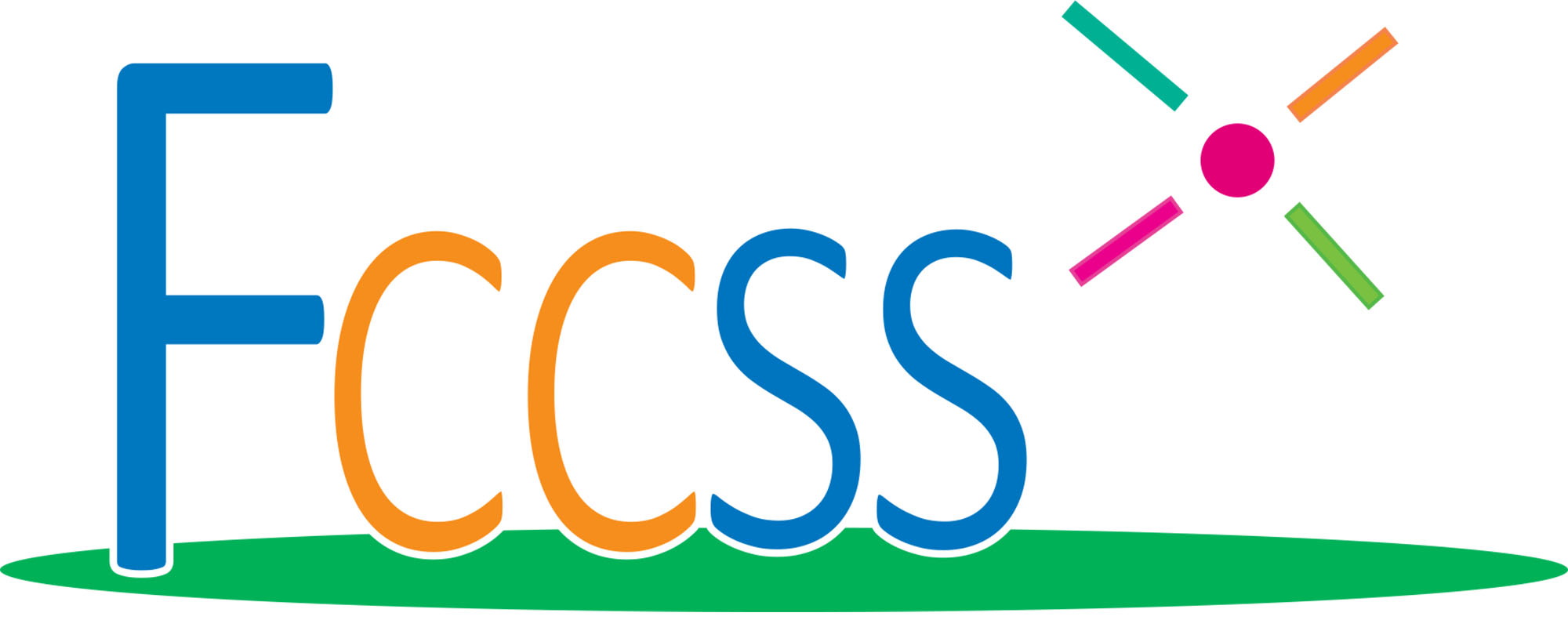What have we already learned?
The main objective of the FCCSS study is to understand with precision the consequences of treatment received in childhood or adolescence, including the medical consequences of treatments and the psychosocial outcomes associated with those consequences (social outcomes, education, employment, family life, quality of life …).
The results published up to now meet these two objectives. They are based to date on the analyses of the outcomes of people who were treated before 1985 (Euro2k cohort). The information on people treated from 1986 to 1999 is currently being collected.
Social outcomes
The employment status of adults treated for paediatric cancer is similar to that of the general French population of the same age and sex. However, there are some differences among types of childhood cancer. In particular, patients treated for brain tumours often have cognitive sequelae (e.g. memory impairment, learning difficulties or impaired attention) and a less favourable employment situation compared with the general French population of the same age and sex.
Health problems related to treatment
Some survivors of childhood cancer never develop any late effects related to cancer treatment. Conversely, late effects may occur, sometimes 15, 20 or 30 years after the treatment, potentially resulting in severe conditions or impairments. These effects depend mainly, but not only, on the treatment received in childhood or adolescence.
Late effects related to radiotherapy and certain chemotherapies
Late effects of radiation therapy depend on the doses used and on the part of the body that was irradiated. Until very recently, the maximum radiation dose delivered to a patient was calculated based on the short-term side effects occurring in the following years. Thanks to the results of recent studies, including results of the FCCSS, long-term risks have now been identified and some treatments have been subsequently changed. Late effects of chemotherapy are more difficult to demonstrate because the treatments are newer and often combined together, or combined with radiotherapy. The toxicity of certain drug classes, however, is beginning to be shown, particularly the effects of alkylating agents on fertility and the effects of anthracycline on heart function.
Types of late effects
The most common late effects are endocrine late effects, i.e. those affecting fertility and production of growth hormone or thyroid hormone. Cardiovascular effects and the risk of a second cancer are two other major late effects of cancer treatment, as shown by their nature and frequency. Some chemotherapies or radiation therapies are aggravating risk factors. Orthopaedic disorders are also common in people treated for a bone tumour or a tumour near the vertebrae, such as neuroblastoma or nephroblastoma. In addition, cognitive sequelae may occur, especially in people treated for a brain tumour and / or with cranial radiotherapy. Psychological effects may also occur and some survivors feel the need to consult a psychologist or psychiatrist, even a long time after the disease.
For more information on the medical effects of treatment…
What about my health?
The health of each person varies according to the treatment received in childhood, their family history, and many other parameters. The results presented here are general, and do not necessarily apply to your particular situation. If you want to review your health, know that specific follow-up consultations are available.
